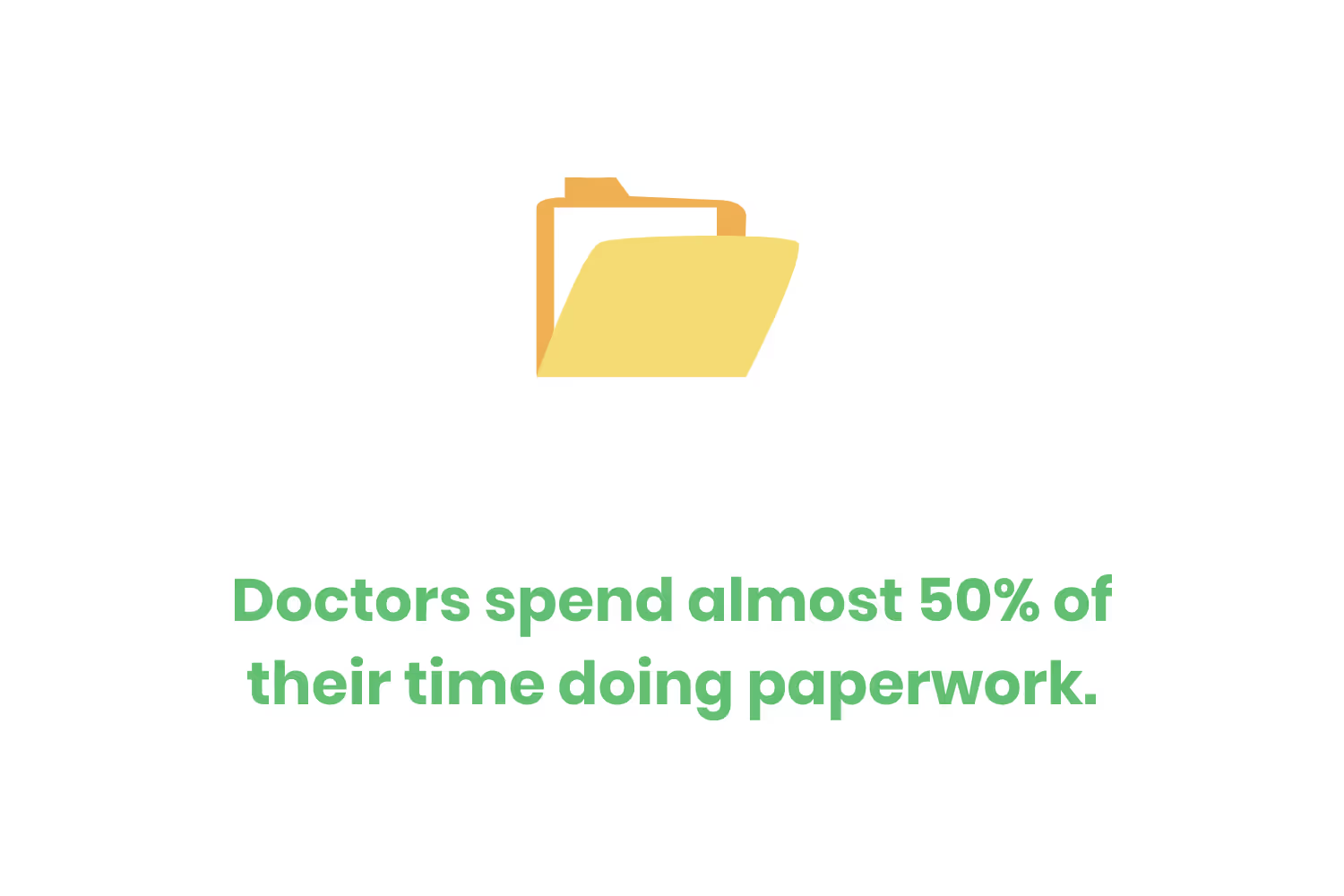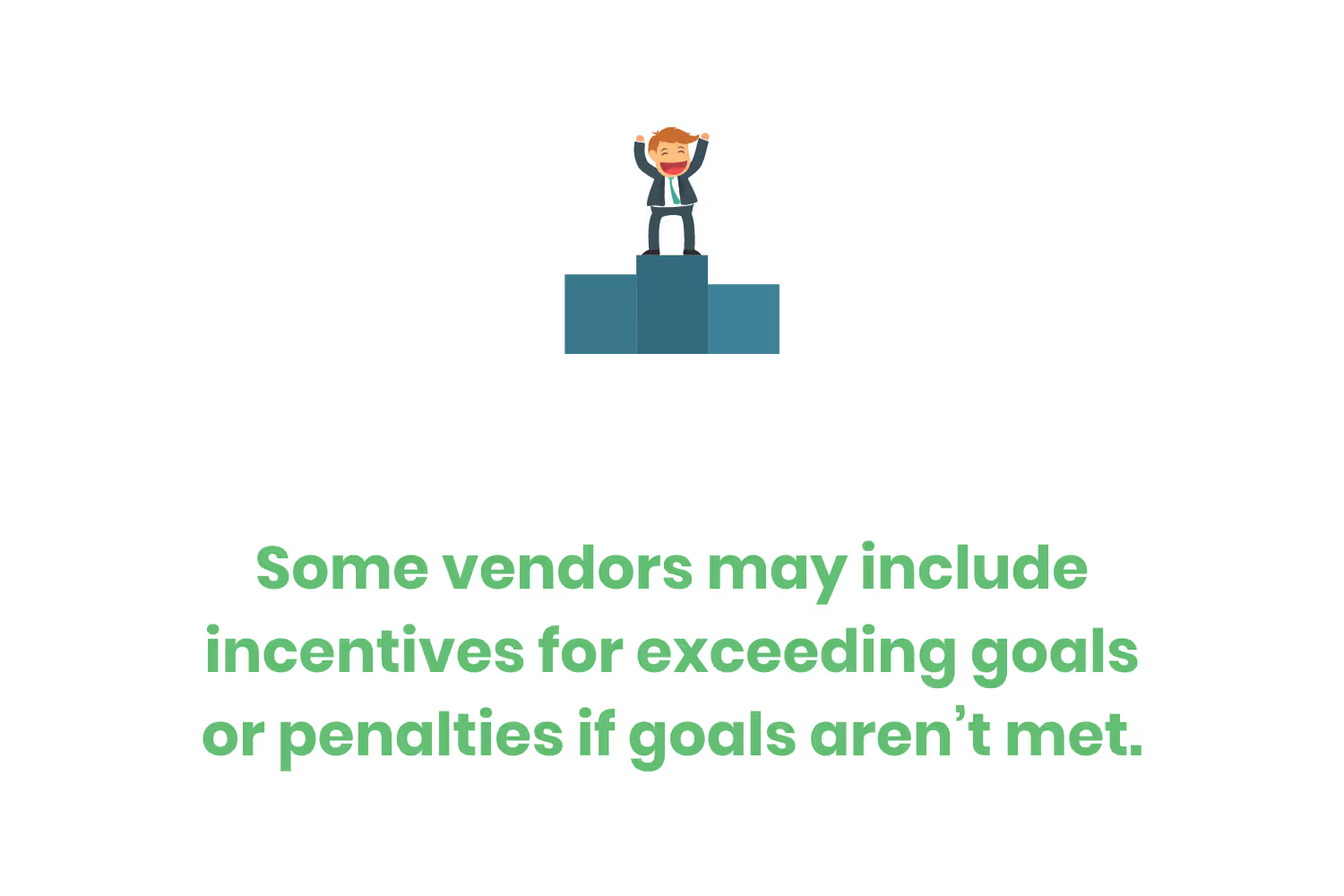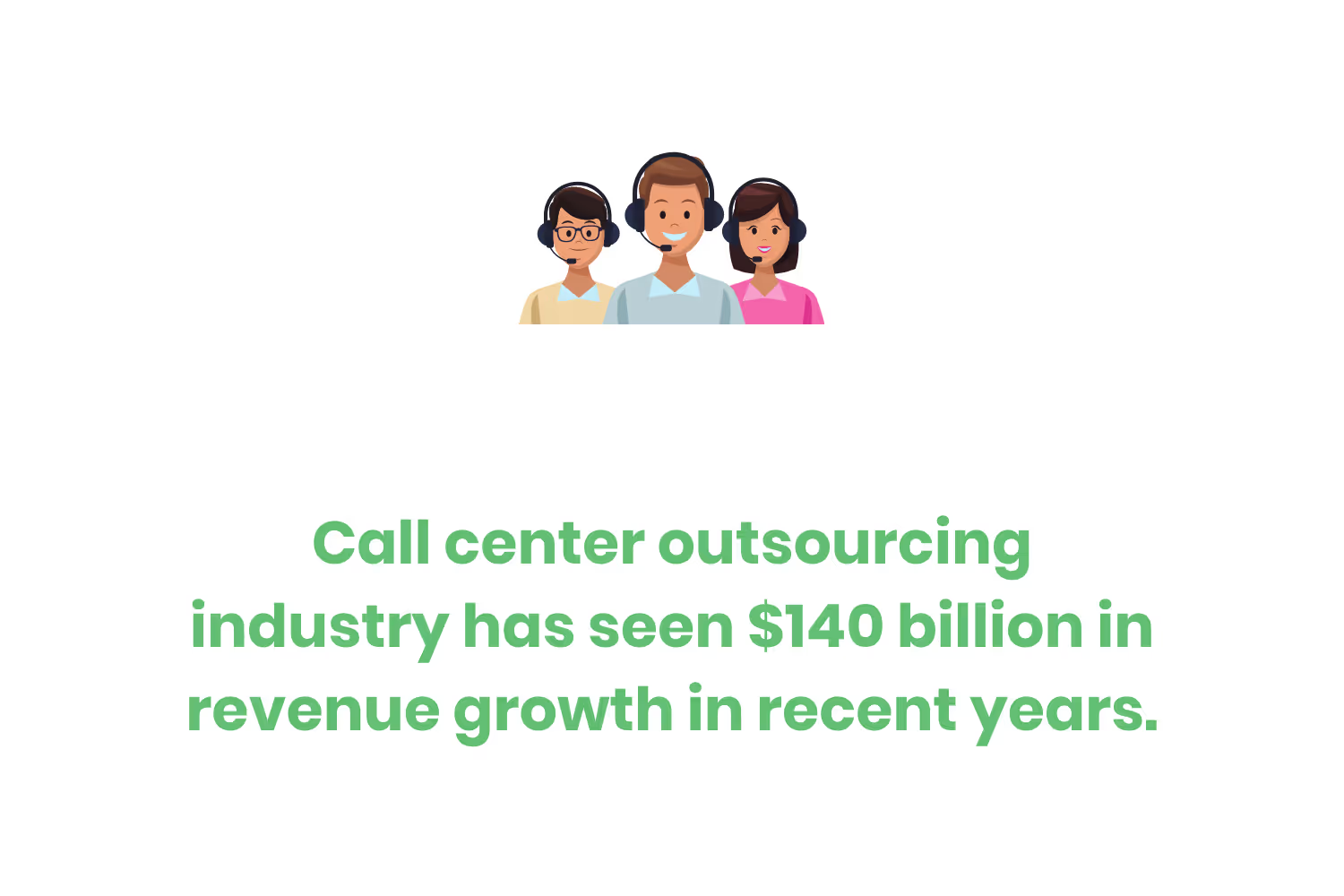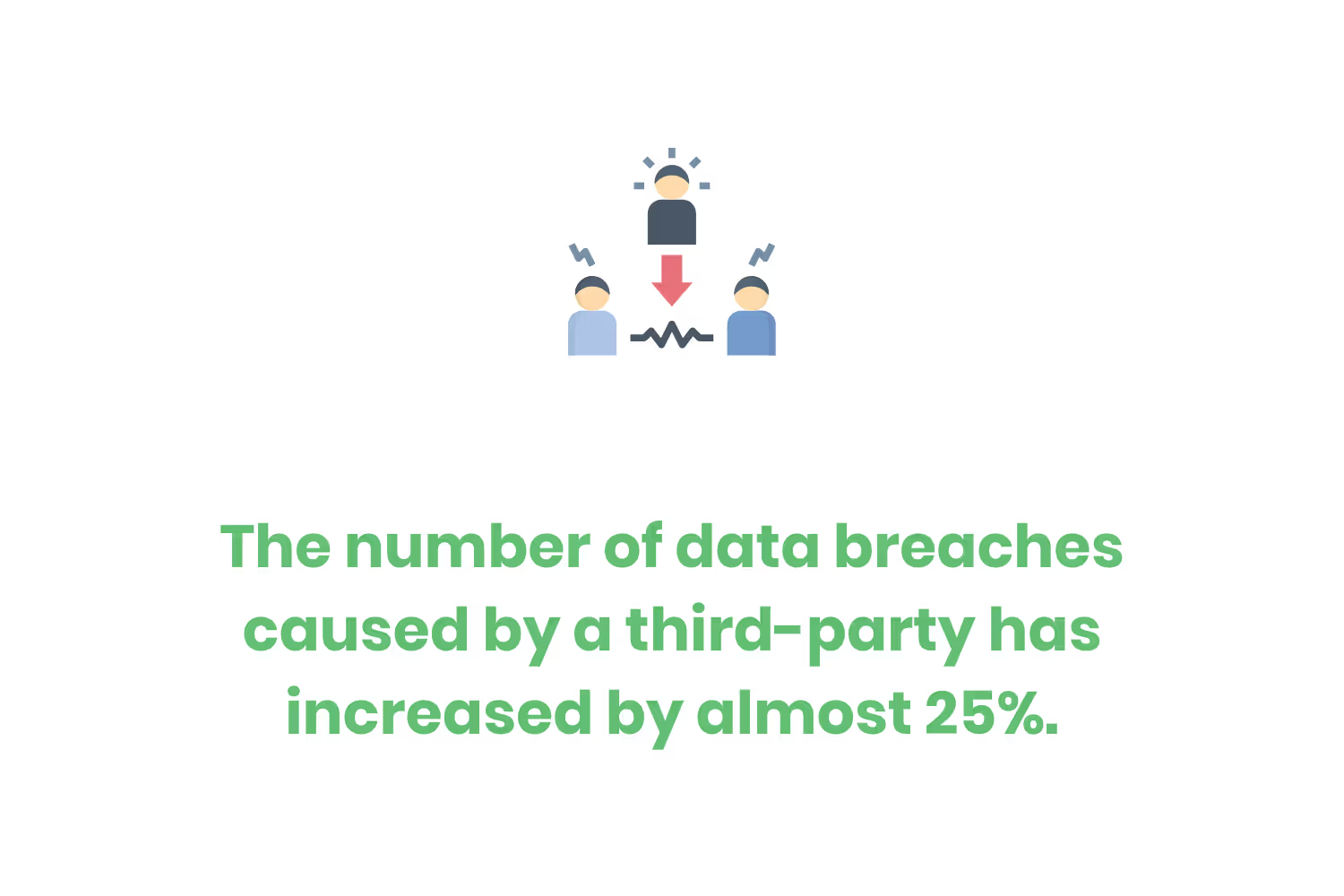The Biggest Revenue Cycle Management Outsourcing Considerations
Before you evaluate and pick a revenue cycle management vendor, you have to know what to look for in order to select the vendor that’s right for you. You’ve come to the right blog post.

If you’re a healthcare professional in any capacity, you don’t have enough time in your day to do everything that’s on your list of responsibilities.
That’s not to say that you aren’t a hard worker. Instead, it’s to point to the fact that your career requires too much from you. If you try to accomplish everything on a daily basis, you’ll end up spreading yourself too thin, working long hours and feeling the effects of burnout.
But, in actuality, do you really have a choice in not finishing your regular, long to-do list? Not really.
Your number one priority, of course, is to take care of the patients that come into your office. It would be great if that was your only responsibility, but that’s not the case. The reality is that modern-day doctors spend less than 30% of their time with patients and almost 50% of their time doing paperwork according to a study from the Annals of Internal Medicine.

Doing paperwork and administrative tasks isn’t why you decided to finish medical school, yet you’re stuck doing it for hours on end.
My point after all of this isn’t to make you feel hopeless, it’s to point out that there’s a problem.
To every problem, there’s a solution. In this instance, it’s to outsource your revenue cycle management (RCM).
If you’re reading this blog post, you’re liking in the midst of determining whether or not revenue cycle management outsourcing is right for your organization. By now you’ve read all of the other articles on the internet about the benefits you receive from giving a third-party vendor a portion of your responsibilities.
The next obvious step is to evaluate and pick a vendor. But, before you do that, you have to know what to look for in order to select the vendor that’s right for you. You’ve come to the right blog post.
You Get What You Pay For
It’s likely that one of your number one considerations is pricing. You want to get a much bang for your buck as possible.
One of the first things you’ll notice when you’re evaluating each organization is that they’ll all have different pricing models. The price for these services varies depending on the complexity of the services that they offer you and your size. You’ll notice that some of them charge monthly fees, others charge a percentage based on your collections and the minority use a mixture of both.
Maybe two of the vendors you’re evaluating have a similar pricing structure and charge similar rates. If that’s the case, then you’ll have to pay close attention to the differences in each offering.
My point after all of this is to say that it’s important for you to really consider what you’re actually receiving from a particular vendor. Organizations constantly make improvements to their software and add new features to jack up their price.

Yet, more features doesn’t necessarily mean that it’s a better option for you. Bells and whistles are great but there’s a phenomenon called “feature creep” that technology organizations end up finding themselves in often. In a nutshell, feature creep is the excessive expansion of new features in a product that results in software bloat and over-complication.
Just because a vendor charges a premium price for their services doesn’t mean that it’s better.
The vendor that’s right for you spells out everything with transparency, including any fees and added services that charge extra fees.
Service Guarantees and Goals
We’ve all turned our TV to a channel that’s broadcasting “Paid Programming” on a Sunday morning before. As soon as you enter the channel you’re inundated with scripted testimonials, overdramatizations of everyday problems and moneyback guarantees.
Have you ever purchased something from a Paid Programming broadcast?
If you have, weren’t satisfied with the product and tried to get that moneyback guarantee you quickly found out that getting your refund wasn’t as easy as they made it sound during their hour-long commercial.
That’s not a scenario you want to have happen to you after you’ve signed on with a revenue cycle management outsourcing vendor. Every organization you evaluate is going to try their hardest to gain your business, yet not all of them will focus on how their services will solve the problems of your practice. If they’re in the latter part of that statement, they’re easier to weed out from your evaluation.

Similarly, some vendors may include incentives for exceeding goals or penalties if goals aren’t met. They place these in their proposals so that they encourage the use of their product.
It’s a good sign if they incentivize you for exceeding the goals they’ve laid out for you, that signifies that they want you to succeed with their product. Alternatively, it’s a discouraging sign if they place penalties for not making the goals they’ve set for you. Penalties could mean that the vendor takes a passive approach toward your revenue cycle management outsourcing, which doesn’t work.
User Experience and Integrations
There’s a high chance that you pay for an electronic health record system. It’s also very likely that that system has an outdated workflow. If not, you’re in the minority because clunky user interfaces and experiences plague the healthcare industry.
Experts pin 10-20% of the physician burnout problem on EHR user experience.

In other words, you’ll want to make sure that you’re not further burdening yourself by purchasing a revenue cycle solution that also has a bad user experience. Whether you’re the one working within the new solution or you assign the daily responsibilities to someone on your staff, you won’t see any benefits if it takes a long time to do anything because of poorly designed workflows.
After all, all of the blogs discussing the benefits of revenue cycle management outsourcing you read probably listed time savings as one of the main perks.
Furthermore, during your evaluation, you’ll also have to keep in mind if the new solution integrates with your existing infrastructure. True RCM companies have economies of scale that allow them to offer technology to practices they would otherwise be unable to afford or maintain properly. Yet, they should be technologically savvy enough to understand what their offering can and cannot integrate with.
You don’t want to go through to entire evaluation and contracting stage only to find out that the software you just purchased isn’t compatible with any of the other solutions you use on a daily basis.
Call Center Location and General Support
A growing number of organizations, regardless of the industry that they serve, employ people abroad to handle their call center and support needs.
I’ve been on the receiving end of a few of these outsourced customer calls and I’ll tell you that I don’t like the experience that they offer. Yet, my opinion doesn’t matter much in the grand scheme of things because the call center outsourcing industry has seen $140 billion in revenue growth in recent years.

It’s not the end of the world if you’re a consumer and the person who picks up the phone to help you solve the issue you’re experiencing with the new laptop you bought lives across the world. That scenario is almost expected.
However, since revenue cycle management handles some of the most sensitive data in the world, outsourcing in any capacity might be a frightening word. It’s possible for RCM organizations to hire their support team overseas, yet this is something that they should disclose to you immediately.
If the vendor you’re evaluating does outsource their support, you’ll need to find out…
- Call center hours
- Potential language barriers
- Workforce knowledge of laws and regulations
All three of those factors are extremely important to find out as they immediately impact you.
Contract Length
There are a lot of moving parts in the revenue cycle which makes it hard to switch vendors. Yet, like any service, sometimes you choose a business partner that isn’t a fit for your organization.
When this happens you have two options, you could either wait until the contract is over or terminate it immediately. Even though termination is the fastest way to cut ties with a service provider, it usually costs money. If you decide to wait, you’re stuck using something that isn’t very helpful to you for a while if you’re only three months into a three-year contract.

That’s why it’s so important to also place an emphasis on contract length during your considerations.
Most likely, you’ll want to test out your new revenue cycle management provider for a short period of time before you sign a long contract. If the provider you’re evaluating agrees to a shorter contract length, that’s a good sign. It inadvertently means that they’re confident in their offering.
Data Security and Privacy
You’ve already implemented compliance training sessions, countless data security safeguards and vendor management processes. Yet, you’re still not 100% safe from experiencing a breach at some point during your organization’s tenure.
Over the last few years, the number of data breaches caused by a third-party has increased by almost 25%.

Think about the significance of that figure.
You put your trust into an organization because they provide you a service that streamlines your process only to have your patient’s data exposed. That isn’t a fair exchange, but once it happens it’s too late. That’s because vendor breach prevention happens during the evaluation phase.
Pose questions to the revenue cycle management outsourcing company you’re assessing and include your most technologically sound individuals in those discussions. You might find yourself in a scenario where you trust the vendor’s data security practices but one of your coworkers pokes holes in them with questions they ask.
Conclusion
As I mentioned in an earlier section, evaluating new vendors isn’t an easy process. It’s especially difficult for revenue cycle management because there are so many moving pieces.
However, its difficulty actually makes your evaluation process stronger because you have to pose certain questions to these vendors that you wouldn’t normally ask from others.
There’s a little bit of irony involved in considering your revenue cycle management outsourcer. You’re trying to save yourself from burnout by delegating some of your work elsewhere, yet the evaluation process requires a lot of your focus and attention.
With the considerations I’ve laid out throughout this blog post, though, you have a comprehensive outline to work through.
Emphasize your product's unique features or benefits to differentiate it from competitors
In nec dictum adipiscing pharetra enim etiam scelerisque dolor purus ipsum egestas cursus vulputate arcu egestas ut eu sed mollis consectetur mattis pharetra curabitur et maecenas in mattis fames consectetur ipsum quis risus mauris aliquam ornare nisl purus at ipsum nulla accumsan consectetur vestibulum suspendisse aliquam condimentum scelerisque lacinia pellentesque vestibulum condimentum turpis ligula pharetra dictum sapien facilisis sapien at sagittis et cursus congue.
- Pharetra curabitur et maecenas in mattis fames consectetur ipsum quis risus.
- Justo urna nisi auctor consequat consectetur dolor lectus blandit.
- Eget egestas volutpat lacinia vestibulum vitae mattis hendrerit.
- Ornare elit odio tellus orci bibendum dictum id sem congue enim amet diam.
Incorporate statistics or specific numbers to highlight the effectiveness or popularity of your offering
Convallis pellentesque ullamcorper sapien sed tristique fermentum proin amet quam tincidunt feugiat vitae neque quisque odio ut pellentesque ac mauris eget lectus. Pretium arcu turpis lacus sapien sit at eu sapien duis magna nunc nibh nam non ut nibh ultrices ultrices elementum egestas enim nisl sed cursus pellentesque sit dignissim enim euismod sit et convallis sed pelis viverra quam at nisl sit pharetra enim nisl nec vestibulum posuere in volutpat sed blandit neque risus.

Use time-sensitive language to encourage immediate action, such as "Limited Time Offer
Feugiat vitae neque quisque odio ut pellentesque ac mauris eget lectus. Pretium arcu turpis lacus sapien sit at eu sapien duis magna nunc nibh nam non ut nibh ultrices ultrices elementum egestas enim nisl sed cursus pellentesque sit dignissim enim euismod sit et convallis sed pelis viverra quam at nisl sit pharetra enim nisl nec vestibulum posuere in volutpat sed blandit neque risus.
- Pharetra curabitur et maecenas in mattis fames consectetur ipsum quis risus.
- Justo urna nisi auctor consequat consectetur dolor lectus blandit.
- Eget egestas volutpat lacinia vestibulum vitae mattis hendrerit.
- Ornare elit odio tellus orci bibendum dictum id sem congue enim amet diam.
Address customer pain points directly by showing how your product solves their problems
Feugiat vitae neque quisque odio ut pellentesque ac mauris eget lectus. Pretium arcu turpis lacus sapien sit at eu sapien duis magna nunc nibh nam non ut nibh ultrices ultrices elementum egestas enim nisl sed cursus pellentesque sit dignissim enim euismod sit et convallis sed pelis viverra quam at nisl sit pharetra enim nisl nec vestibulum posuere in volutpat sed blandit neque risus.
Vel etiam vel amet aenean eget in habitasse nunc duis tellus sem turpis risus aliquam ac volutpat tellus eu faucibus ullamcorper.
Tailor titles to your ideal customer segment using phrases like "Designed for Busy Professionals
Sed pretium id nibh id sit felis vitae volutpat volutpat adipiscing at sodales neque lectus mi phasellus commodo at elit suspendisse ornare faucibus lectus purus viverra in nec aliquet commodo et sed sed nisi tempor mi pellentesque arcu viverra pretium duis enim vulputate dignissim etiam ultrices vitae neque urna proin nibh diam turpis augue lacus.




